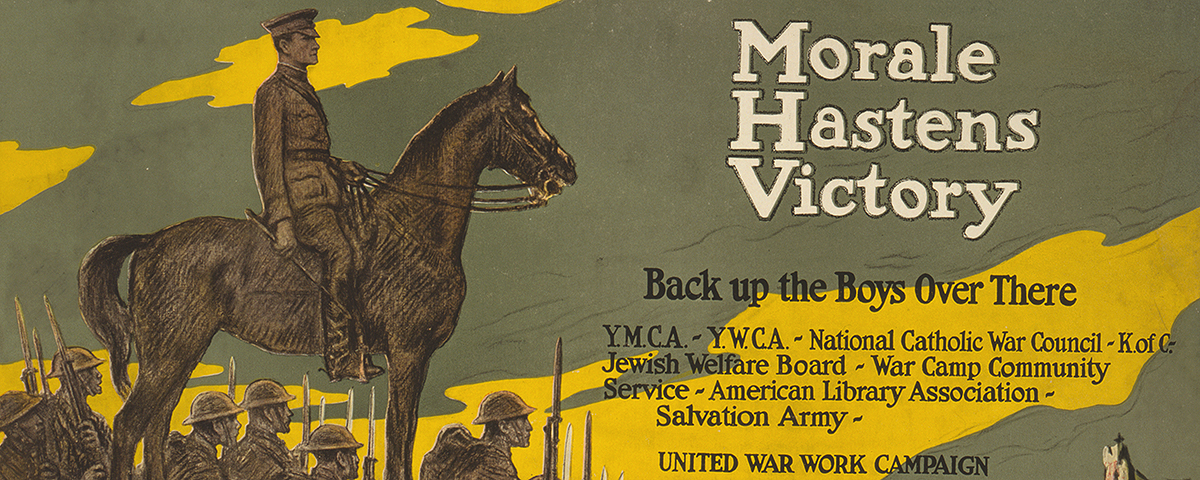There is generally no mystery about what motivates nations, ethnic groups or other masses of people bound by a particular set of beliefs to fight wars. Conflict erupts because one group covets the territory or natural resources of another; or people are compelled to defend themselves and their lands against real or perceived threats of invasion; or those of one faith seek to forcibly convert the “infidels” who worship different gods.
Of course baser human instincts—greed, hubris, jealousy, lust and the rest—have also sparked calamitous warfare since the dawn of time. History proves, unfortunately, that many members of our species are intensely attracted to—even thrive on—the chaos, carnage and calamity of war. Such are history’s “sell swords,” willing to fight anywhere, for any leader and any cause, simply because they are addicted to battle as the ultimate freedom, the ultimate rush, the ultimate empowerment.
While such individuals go to war for sordid reasons, many others find their motivation in nobler aims, beliefs they may not even be able to articulate but which nonetheless drive them to engage in combat or continue fighting when all reasonable hope of victory—or even survival—is gone. Patriotism; a desire to protect one’s family, faith or way of life; an honest desire to check an obvious evil; a sense of duty to a higher cause or greater good; or a determination to uphold one’s honor or fulfill a scared oath—all have led human beings to take up arms.
In the end, history ultimately teaches us that both types of motivations—the sacred and the profane—will remain part of our human nature. MH





